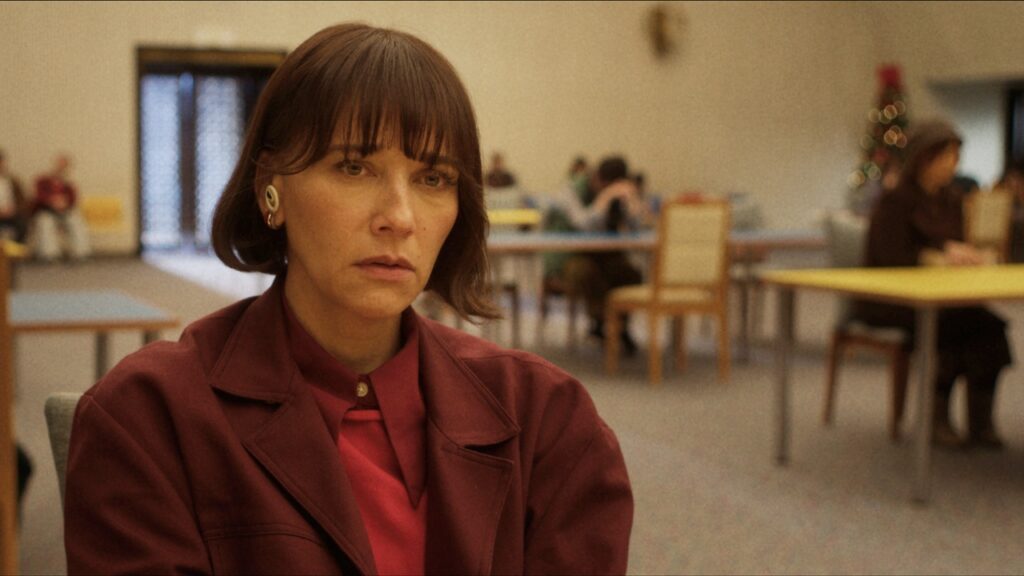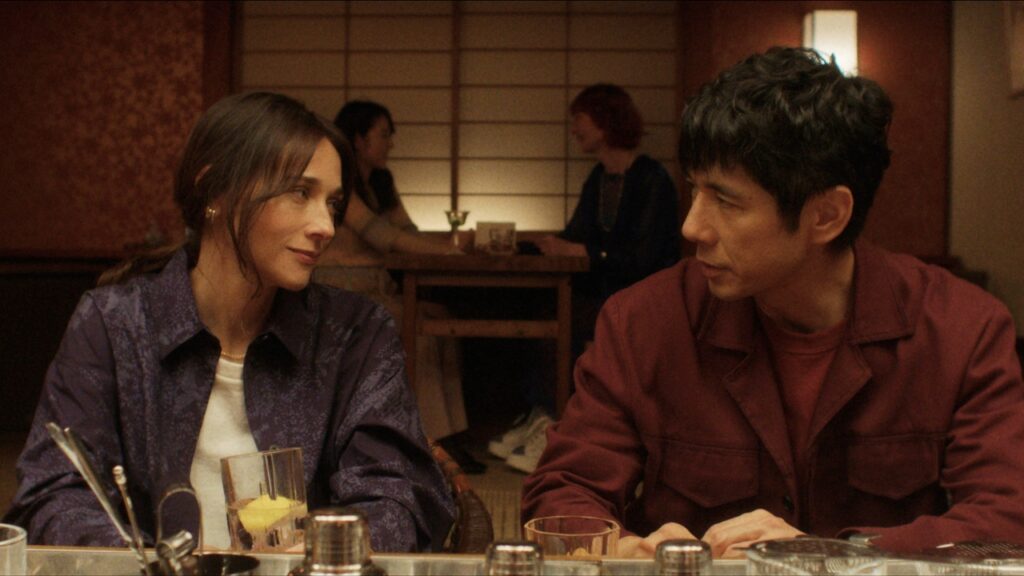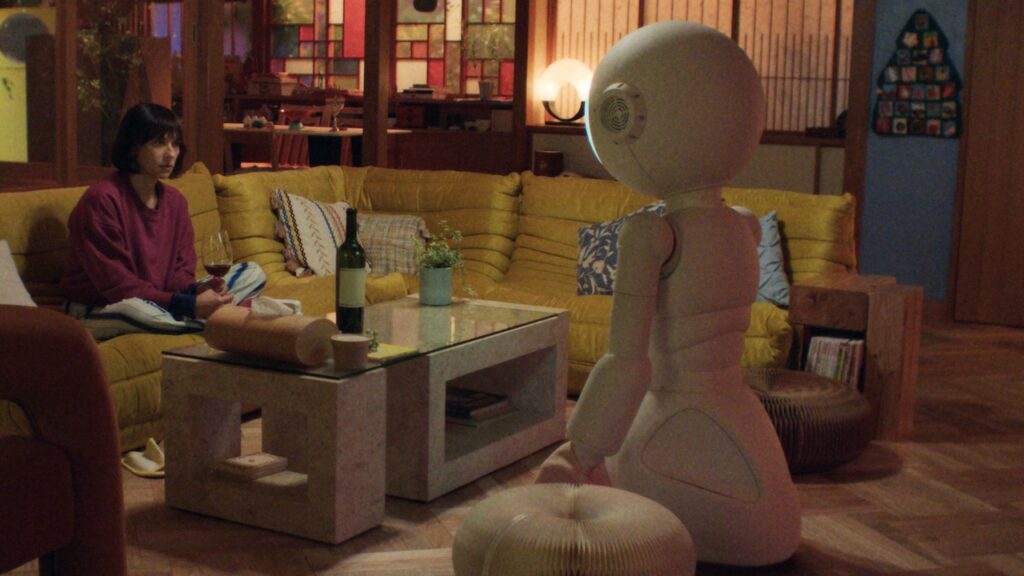Read also:
How to Watch FX Live Without CableHow To Watch AMC Without CableHow to Watch ABC Without CableHow to Watch Paramount Network Without CableAbout fifteen years ago, an era of “complicated” protagonists ruled the television landscape. These anti-heroes—Walter White, Don Draper—were the sort of people one wouldn’t associate in their day-to-day life. Safely sealed in a flat screen, though, and viewers couldn’t get enough of them. It was a glorious time to be unlikable on TV. Still, as Erik Kain pointed out, it was an honor almost entirely reserved for men. Sunny is a late-arriving corrective, centering a fully complex and often unlikable Rashida Jones.
As Suzi, Jones ditches nearly everything that makes her an on-screen appealing presence in the likes of The Office and Parks and Recreation. She also flattens the traits that make her stand out as a character worthy of empathy in projects like Silo and On the Rocks. In place of those, she offers a dead-eyed stare that only sparks to life when castigating her mother-in-law Noriko (Judy Ongg), random bureaucrats, and, of course, the titular android Sunny (voiced by Joanna Sotomura).

It isn’t like she doesn’t have cause for anger and the thousand-mile gaze. As the opening minutes reveal, Suzi has justy lost her husband Masa (Hidetoshi Nishijima) and son in a plane crash. However, as the series unfolds, it becomes clear Suzi can’t blame her unpleasantness entirely on grief. As revealed in flashbacks, she’s been hard-drinking and foul-mouthed for some time. Additionally, although partially owed to her dyslexia, she wields her failure to learn nearly any Japanese like a cudgel. It is yet another tool for holding the world at bay. That world includes, often, her spouse. Of course, his own drinking and pile of secrets hardly made him an ideal partner either.
Suzi doesn’t read on the page like someone anyone would want to spend time with. However, as with the men above, she nonetheless wins the audience over. Within the context of the show, as authored by Jones, she draws in the viewer. For one, the performance and the show’s aesthetics make her grief so palpable. The scenes fluctuate between the heavily shadowed interiors of her home that seem forever stuck in twilight and the rest of the too sharply lit by sunlight or a distressing mix of neon and fluorescents world. The brief respites prove somehow worse, heavy with threats seen and unseen. A night in a dark forest, for instance, solves the man v. bear question by offering one of each.

Jones also has impressive control of Suzi’s evolution. Aided by show creator Katie Robbins and a writers’ room including the author of the source material The Dark Manual, Colin O’Sullivan, and previous Robbins collaborator Sarah Sutherland, Suzi defrosts in fits and starts. Both the actor and the show refuse to make it easy on her. To their credit, they resist the temptation to too quickly move her away from genuinely unpleasant. It’s fitting that, even when truly acting the hero, she demands Sunny make someone “eat a dick.”
Of course, the entire show isn’t just Jones wandering Japan, drinking wine from a bottle, and telling Sunny, a seemingly posthumous gift from her husband, to fuck off. There are other characters and a larger plot. The former is largely a good thing. As the mysterious Yakuza middle management type Hime, YOU is thoroughly unnerving even as she is called upon to engage in some overly silly situations. Singer annie the clumsy at Suzi’s newest—and really, only—friend Mixxy balancing a up for anything fun time girl vibe with a pile of hints that there’s a lot darker elements in her life. Nishijima has probably the hardest lift of anyone who isn’t Jones, moving Masa from a sainted dead man to a jerk and liar before settling on something considerably more interesting than either.
It’s the plot where Sunny feels less surefooted. When the story sits firmly on Suzi’s attempts to make sense of being suddenly all alone in the world and the “gift” of Sunny, the show has a loose rhythm that benefits a story about confronting the unthinkable yet fairly down-to-earth tragedy. As the larger plot involving the Yakuza and an increasingly vast criminal conspiracy begins to dominate, the show starts to feel overlong and a bit too distant from the sense of near-future reality it was heretofore wielding so well.

And yet, after the heartbreaking premiere, the best two installments are arguably the eighth and ninth of the 10-episode season. The former focuses entirely on Masa, bringing into sharp relief who he was and why he lived so many lies. The latter, a fantasy gameshow with Sunny’s fate as the prize, comes dangerously close to stereotyping Japanese pop culture before delivering a humane, bittersweet story of what it’s like to learn what others lost to bring you into the world and raise you. So even as the plot becomes impossible to ignore, Sunny still delivers plenty to love.
TV certainly doesn’t need a return to the era of complicated men who were nonetheless loved and venerated. That said, a brief dip in that pool, especially with a gender swap and Rashida Jones, is worth a brief sojourn to that territory.
Sunny boots up to be your android companion on AppleTV+ starting July 10.